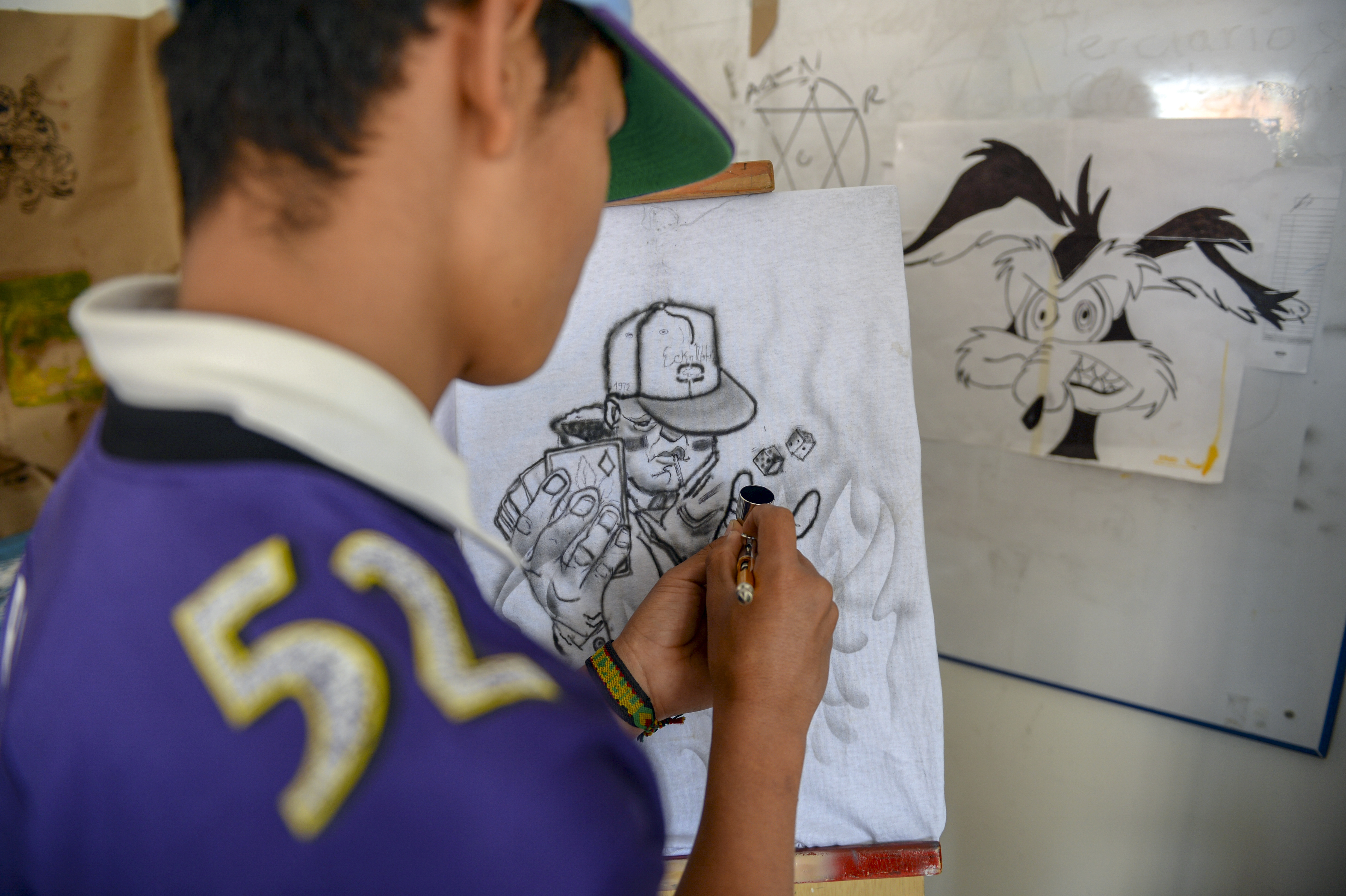Alternative Ways to Address Youth

The following e-learning course is created to support child protection professionals channel juvenile offenders away from judicial proceedings by giving an overview on alternative methods and tools.
In this course, we will discuss why diversion – a strategy that involves channelling children in conflict with the law away from judicial proceedings – is often the best way to handle juvenile offenders, since channelling them away from prison can benefit both young people and society. Diversion is also more in line with children's rights in international law.
We will cover the different types of diversion, how to identify the most appropriate type of diversion to use in any particular case, and some communication techniques that are helpful to use when working with juveniles.
Main topics:
- what is diversion, its goal and benefits
- juvenile psychology: how a juvenile’s psychological development impacts its decision-making and ability to understand legal proceedings, factors that can increase a juvenile's risk of coming into conflict with the law
- when and how to use diversion, different methods of diversion
- communication techniques to communicate respectfully and effectively with juveniles about diversion, their legal circumstances and related issues, and to motivate them to change by using motivational interview techniques
Target audience:
- child protection professionals
- professionals working with children in conflict with the law
- students and future professionals in child protection and juvenile justice
This self-paced course takes around 2 hours to complete, and consist of reading, case study, self-assessment, scenario, quick survey, reflection, key takeaway activities. A certificate of completion is available after completion.
The course is part of the Alternative Ways to Address Youth (AWAY) project which aims to raise awareness on diversion, a restorative method in juvenile justice. The project was implemented in 2017-2018 by 7 organizations in the European Union: Brave Phone (Croatia), Defense for Children International (Belgium), International Juvenile Justice Observatory (Belgium), Program for the Development of the Judicial System (Bulgaria), Terre des Hommes Helvetia (Romania) and The Global Network for Public Interest Law (PILNET) (Hungary) under the coordination of Terre des Hommes Regional Office for CEE (project lead, Hungary). The project was funded by the REC Programme of the European Commission. For more information please visit https://justice.childhub.org.